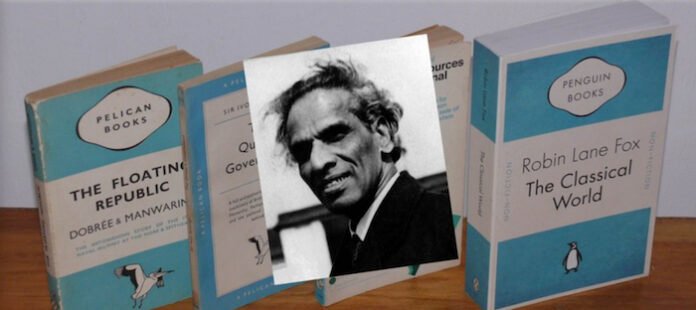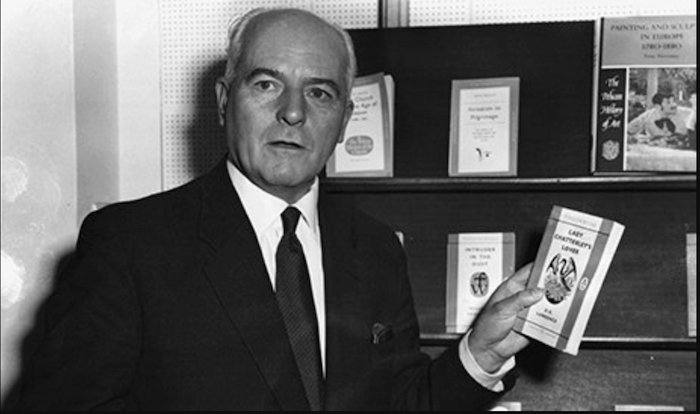
It is hard to overestimate the impact that the first Penguin paperback books had when introduced 90 years ago this year. They were not the first paperbacks, but were the first to appear with proper design, paper, print and crucially branding. Publisher Allen Lane, who had the idea for a well crafted book to sell for the price of a packer of cigarettes, was driven in the task by the motley collection of poorly produced paperbacks while waiting for a train at Exeter station. Together with the designers who came up with the colours, the style and the Penguin logo, as well as the printers who did something right because many of those early editions survive into the present day.

Photo Maddy’s Ramblings via Internet
Lane was not trying to produce the cheapest product; he was not trying to maximise margin through cost cutting. He reasoned that a better product, priced reasonably might attract book lovers who had frequently borrowed not bought books. He was right on the money. By delivering a better quality of product he changed a genre in a way that persists 90 years later. He demonstrated that other qualities, style, design, quality and brand, can more than compensate for the cheapest possible price.

Representative image via Internet
Why then do so many in this industry reach for price as their tool of choice when looking for jobs. It is like a plumber venturing forth with just a hammer in the tool bag, it works sometimes but all too often it is the wrong tool for the job. Print buyers lack the knowledge and experience of their forebears so need educating about the effect that a different paper, a different format, the application of a varnish or laminate film might have. All too frequently they will not understand why these choices are important and will argue that they did not ask for them. But then Allen Lane almost a century ago introduced a style of paperback book that nobody had asked for but which has changed the world of print and publishing.
Editor’s note based on an article by Sairam Ramesh in The Scroll 21 November 2025 –
“According to S Muthiah, the idea for Penguin Books was Menon’s. In his celebrated history of the old British port, Madras Miscellany, he writes:
“ .. he (Menon) dreamt of flooding the market with cheap paperback editions of quality titles. He discussed the idea with a colleague at Bodley Head and Allen Lane jumped at it. In 1935, they quit Bodley Head and with 100 Pounds capital, set up office in the crypt of St Pancras Borough Church. Thus was born Penguin Books.”
“Sir Allen Lane would edit the fiction that Penguin would put out, and Krishna Menon would edit the light blue-covered Pelicans, the imprint which would fundamentally transform non-fiction publishing.”
See also: Maddy’s Ramblings on Allen Lane and Krishna Menon
Gareth Ward is the publisher and editor of Print Business in the UK

















